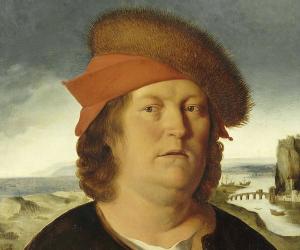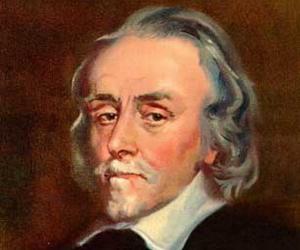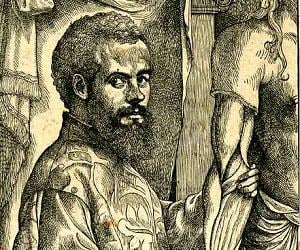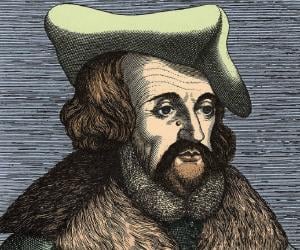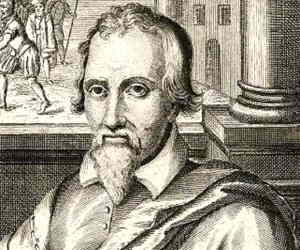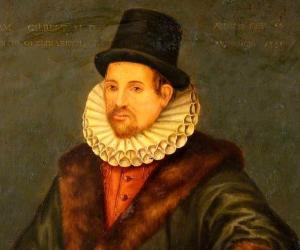The first to discover the entire process of human blood circulation, physician William Harvey was a Royal College of Physicians fellow. He also served as the personal physician of James I. He later worked at the Bartholomew’s Hospital but was replaced for being a staunch monarchist.
Renaissance physician Andreas Vesalius is credited with illustrating the first anatomy textbook. Born into a family of physicians, he studied at the University of Paris medical school and often dissected corpses retrieved from cemeteries. He was the first to reject Galenic anatomy and to introduce human dissection in anatomy.
Girolamo Fracastoro was an Italian poet, physician, and scholar in astronomy, geography and mathematics. He is credited with authoring a theory, which is regarded as a precursor to germ theory; his theory was influential for almost three centuries. He is also credited with inventing terms, such as syphilis.
Michael Servetus was a Spanish physician, Renaissance humanist, cartographer, and theologian. In 1553, he published a book titled Christianismi Restitutio in which he described the function of pulmonary circulation, becoming the first European to describe it accurately. A polymath, Michael Servetus was well-versed in many fields, such as mathematics, geography, meteorology, astronomy, human anatomy, pharmacology, medicine, poetry, jurisprudence, and translation.
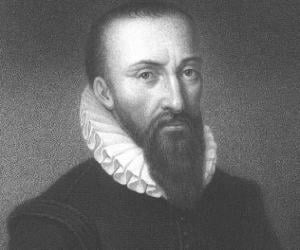
Ambroise Paré was a French surgeon remembered for his service as barber surgeon for Henry II, Henry III, Charles IX, and Francis II. Regarded as one of the fathers of surgery, Paré is also considered a pioneer in surgical techniques. He specialized in battlefield medicine and in the treatment of wounds. Ambroise Paré is credited with inventing several surgical instruments.
William Gilbert was a 16th-century English physician, physicist, astronomer, and natural philosopher. He earned his MD from Cambridge and practiced medicine in London. He was a much-respected figure and was made the president of the Royal College of Physicians. He served as Queen Elizabeth I's and King James VI and I’s personal physician.
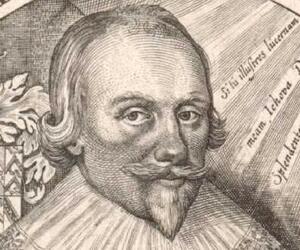
Best remembered for his study of occult philosophy, Robert Fludd, the son of English diplomat Sir Thomas Fludd, was also a physician. However, he was criticized for being a medical professional who believed in magic and defended Rosicrucianism. His other interests included cosmology, astrology, and Freemasonry.
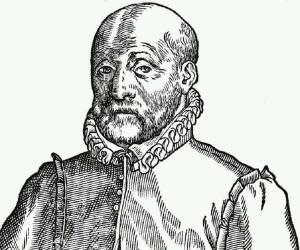
Though he studied medicine and was a practicing physician, Johann Weyer is better known as a demonologist. He also offered one of the first scientific explanations of mental illnesses, stating that most witches were actually women who were suffering from mental health issues. He also stongly opposed Malleus Maleficarum.
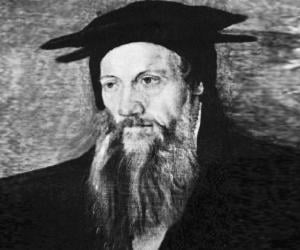
Born to a poor fur dealer, Conrad Gessner was sent to study under an uncle who dealt in medicinal herbs. He then studied theology but later grew up to become a Renaissance polymath, excelling in subjects such as natural history and medicine. His Bibliotheca universalis remains a major work in bibliography.
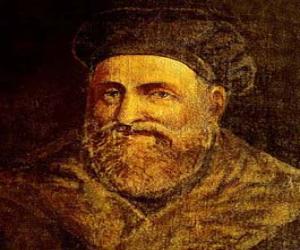
Sixteenth-century Italian anatomist Gabriele Falloppio was also a Catholic priest. Of his many discoveries, the most well-known are the tubes which link the ovaries to the uterus, named fallopian tubes. He was also the first to offer written description of a condom as a protective measure against syphilis.
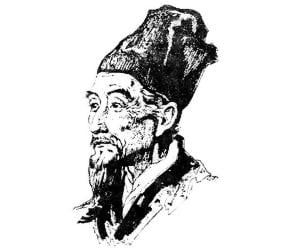
Chinese pharmacologist and scholar of the Ming dynasty Li Shizhen is remembered for his elaborate compilation Compendium of Materia Medica, which offered descriptions of over 1,000 drugs and provided instructions for about 11,000 prescriptions. His book was a benchmark in Chinese medicine and was translated into several languages.
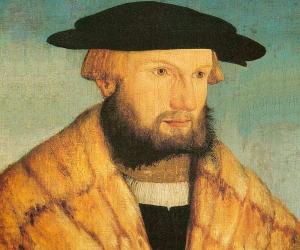
Sixteenth-century German physician and botanist Leonhart Fuchs is best known for his extensive research on the medicinal properties of plants and herbs. His work Historia Stirpium is an invaluable treatise on the history of plants. The plant Fuchsia found in the Caribbean was named in his honor.
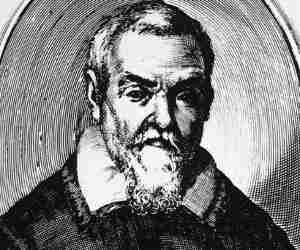
Santorio Santorio was an Italian physician, physiologist, and professor. He is best remembered for inventing several medical devices during his lifetime. He was the first person to use a water current meter, a wind gauge, and a thermoscope. Among his best known work is De Statica Medicina, which is credited with influencing generations of physicians.

Gemma Frisius introduced the triangulation method for map-making, that is still an integral part of surveys these days. He also created detailed globes and mathematical instruments and was a co-founder of the Netherlandish school of cartography. He also released the first published drawing of a pinhole camera obscura.
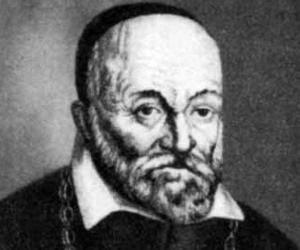
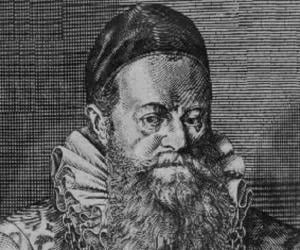
Born to a French physician in Switzerland, Gaspard Bauhin was a qualified physician himself and later made some of the most significant contributions to the classification of plants. Known for his Pinax theatri botanica, he also provided one of the initial descriptions of the ileocecal (or Bauhin’s) valve.
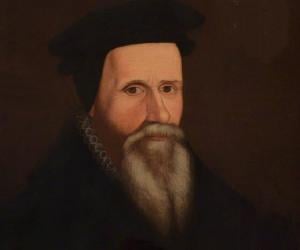
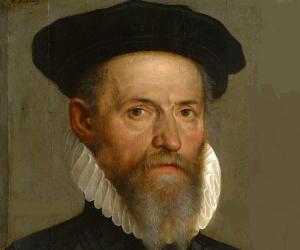
While he initially studied theology, the 1544 plague drove him to study medicine, too. He is said to have been a pioneer of Erastianism, a union between the church and the state. In his writings, he also often opposed philosopher Paracelsus and his views.
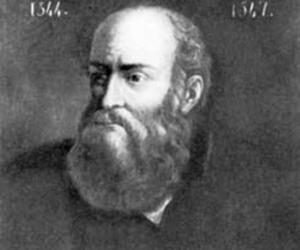
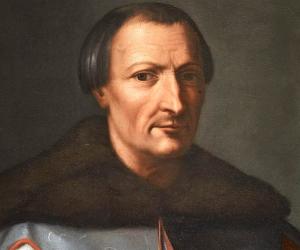
Paolo Giovio was an Italian historian, physician, biographer, and prelate. He is best remembered for his work which chronicles the Great Wars of Italy. Giovio is also remembered for authoring Historiarum sui temporis libri XLV, an acclaimed work of contemporary history.
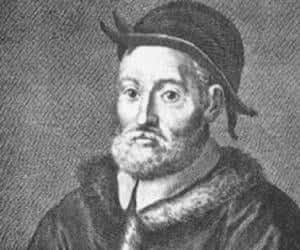
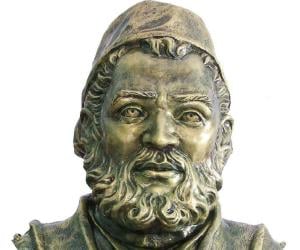
Aloysius Lilius, also known as Luigi Lilio, is best remembered as the main author of the Gregorian Calendar. Well-versed in medicine and astronomy, Lilius hailed from Calabria, Italy, though not much is known about his life. His calendar was presented to Pope Gregory XIII by his brother Antonio.
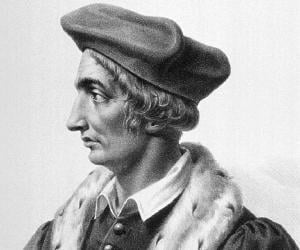
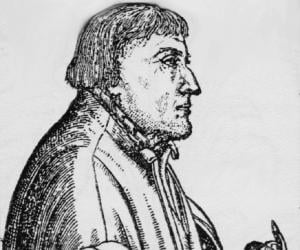
Hieronymus Bock was a Lutheran minister, credited with helping the philological scholasticism of medieval botany to evolve into modern science by categorizing plants according to their structural similarities. His major work, New Kreuterbuch, not only includes detailed description, but also careful illustrations of around 700 plants. For a time he also served as the physician to the prince of Zweibrücken.
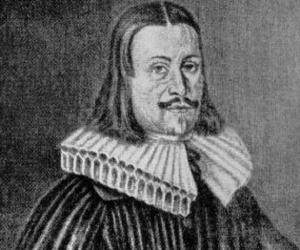
Andreas Libavius was a German professor and physician. He was a renaissance man known for practicing alchemy. He wrote a book called Alchemia, one of the first chemistry textbooks ever written. He taught history and poetry at the University of Jena and later became a physician at the Gymnasium in Rothenburg. He also founded the Gymnasium at Coburg.
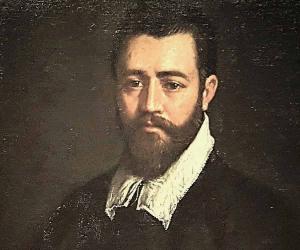
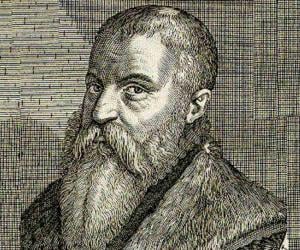
Flemish physician and botanist Rembert Dodoens has been called the father of botany. His herbal Cruydeboeck and its different editions and translations became an important botanical work of late 16th century, and was used as reference book for two- centuries. Dodoens served as court physician of Austrian Emperor Rudolph II and thereafter as professor in medicine at University of Leiden.
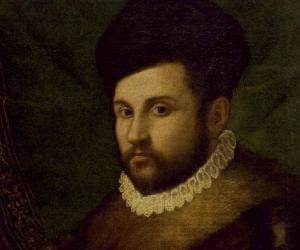
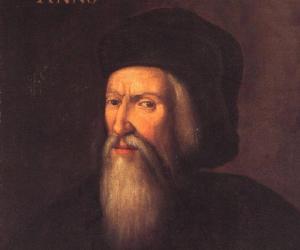
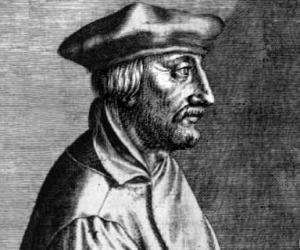
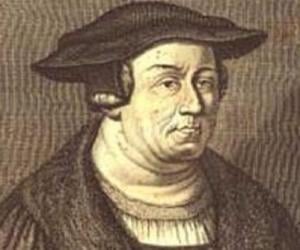
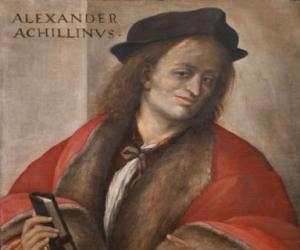
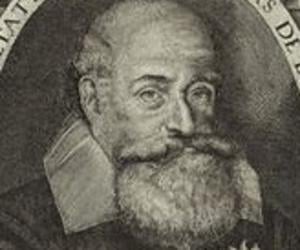
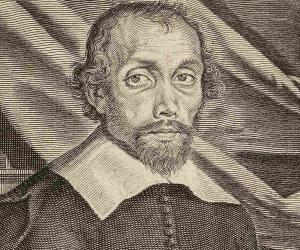
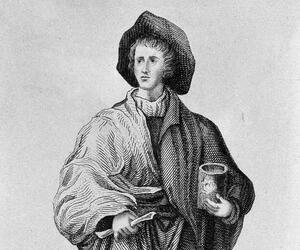
English physician Andrew Boorde was initially a member of the Carthusian order but quit monastic activities later. A traveler and explorer, too, he penned the first English guidebook to Europe. He has also written extensively on subjects such as health and astronomy. He was apparently imprisoned in later life for keeping loose women.
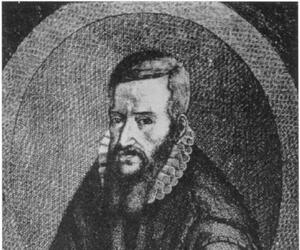
Volcher Coiter was a Dutch anatomist who first described cerebrospinal meningitis. Volcher Coiter is also remembered for his work during the French Wars of Religion where he served as field surgeon to John Casimir, Count Palatine of Simmern.
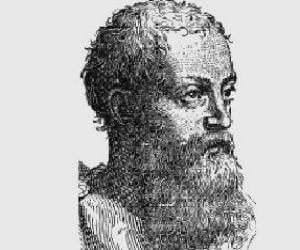

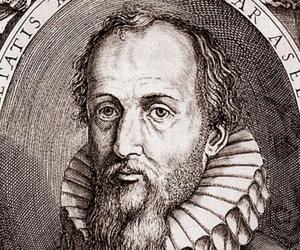


Welsh physician and grammarian Siôn Dafydd Rhys penned the first Welsh grammar in Latin. Initially a doctor in Cardiff, he also wrote extensively on bardic poetry. He also wrote a long history of Britain. However, his works have been criticizing for forcibly trying to mingle Welsh language and Latin grammar.
